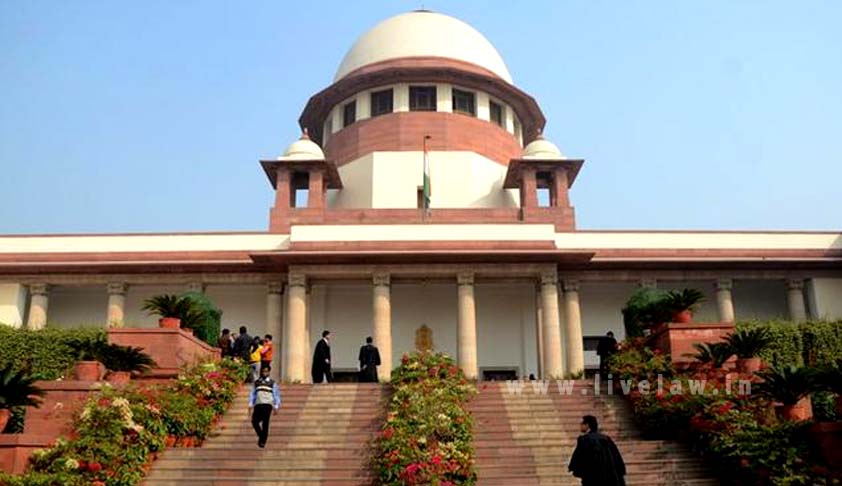New Delhi: The Supreme Court (SC) passed Friday a slew of directions on filling up vacancies in the Central Information Commission and State Information Commissions and said the process of appointments must start one to two months before a post falls vacant.
A bench comprising Justices AK Sikri and SA Nazeer said the post of a Chief Information Commissioner (CIC) is on a higher pedestal and the appointment process for it should be on the ‘same terms’ as followed in the process of a Chief Election Commissioner (CEC).
The apex court also took note of the existing vacancies in CIC and SICs and directed authorities to fill them up within six months.
Taking note of the provisions in the RTI Act, the bench said besides bureaucrats, eminent citizens from other walks of life should also be considered for the post of information commissioners in the CIC.
Earlier, the apex court had asked the Centre as to why only retired or sitting bureaucrats were being shortlisted by the search committee for appointment as information commissioners.
The top court was told by the government that CIC and four information commissioners have already been appointed while the process for appointing other information commissioners was underway.
The apex court was hearing a plea filed by RTI activists Anjali Bhardwaj, Commodore Lokesh Batra (retired) and Amrita Johri who have claimed that over 23,500 appeals and complaints are pending with the CIC as posts of information commissioners are lying vacant.
In July last year, the top court had expressed concern over vacancies at the Central Information Commission and State Information Commissions and had directed the Centre and seven states to file an affidavit giving a time schedule for filling up the posts. The seven states asked to follow the directive were – Maharashtra, Andhra Pradesh, Telangana, Gujarat, Kerala, Odisha and Karnataka.
The plea had also claimed that the Centre and state governments have ‘attempted to stifle’ the functioning of the RTI Act by failing to do their statutory duty of ensuring appointments in a timely manner.
PTI

